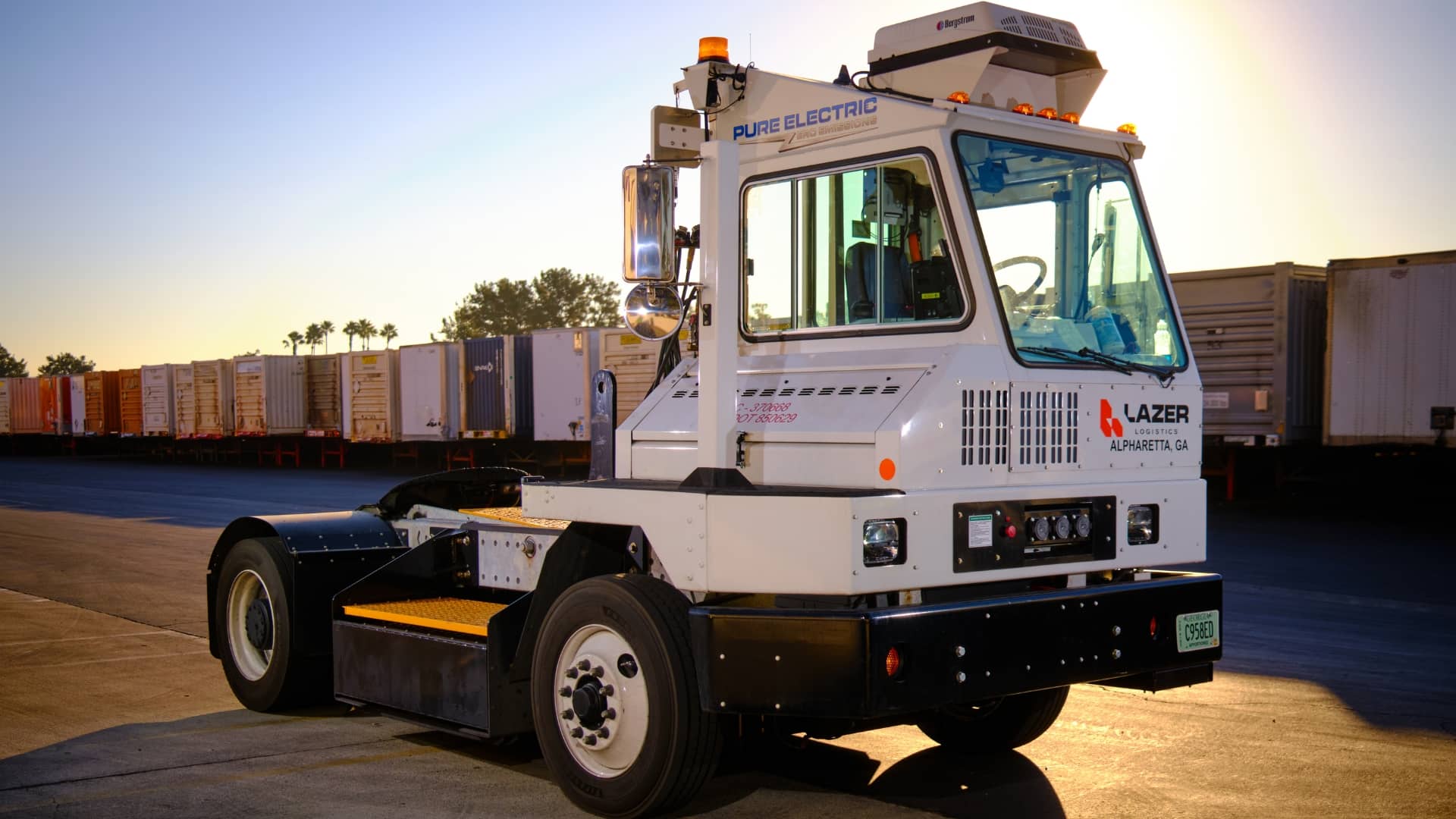Building a Safe and Sustainable Future in the Retail Industry

In the dynamic landscape of retail, where consumer demands evolve rapidly and environmental concerns loom large, securing a sustainable future is paramount. Retailers worldwide recognize the urgent need to adopt initiatives that ensure their longevity and contribute positively to the planet. Here, we delve into key initiatives and considerations crucial for steering the retail industry towards a secure and sustainable future.
Embracing Eco-Friendly Practices
Retailers are increasingly integrating eco-friendly practices into their operations, from sustainable materials sourcing to reducing packaging waste. Initiatives such as using recycled or biodegradable packaging, implementing energy-efficient lighting and appliances, and minimizing water usage are becoming standard practices.
Investing in Renewable Energy
Transitioning to renewable energy sources such as solar or wind power is a significant step towards sustainability. Many retailers are investing in on-site renewable energy infrastructure or sourcing renewable energy from external providers to reduce their carbon footprint and reliance on fossil fuels.
Implementing Responsible Sourcing
Ethical and responsible sourcing practices are gaining prominence in the retail industry. Retailers scrutinize their supply chains to ensure compliance with labor standards, fair wages, and environmental regulations. By partnering with suppliers committed to ethical practices, retailers can build consumer trust and mitigate reputational risks.
Optimizing Supply Chain Efficiency
Streamlining supply chain operations reduces costs and minimizes environmental impact. Adopting technologies like data analytics, IoT, and blockchain can enhance supply chain visibility, optimize inventory management, and reduce transportation emissions through route optimization.
Fostering Innovation and Collaboration
Innovation is essential for driving sustainable practices in retail. Retailers collaborate with startups, academia, and industry peers to develop innovative solutions for sustainability challenges. Whether it’s experimenting with circular economy models, developing sustainable materials, or implementing advanced recycling technologies, collaboration fosters creativity and accelerates progress.
Prioritizing Customer Education and Engagement
Educating and engaging consumers on sustainability issues can drive demand for eco-friendly products and practices. Retailers are leveraging various channels, such as in-store signage, digital platforms, and educational events, to raise awareness and empower consumers to make environmentally conscious choices.
Setting Ambitious Goals and Monitoring Progress
Establishing clear sustainability goals and regularly monitoring progress is essential for accountability and continuous improvement. Many retailers are setting ambitious targets for carbon emissions reduction, waste reduction, and sustainable sourcing, aligning with global initiatives such as the UN Sustainable Development Goals.
Securing a sustainable future in the retail industry requires a concerted effort from all stakeholders. By embracing eco-friendly practices, investing in renewable energy, optimizing supply chains, fostering innovation, engaging consumers, and setting ambitious goals, retailers can pave the way toward a more secure and sustainable future for future generations.
CONTACT US
